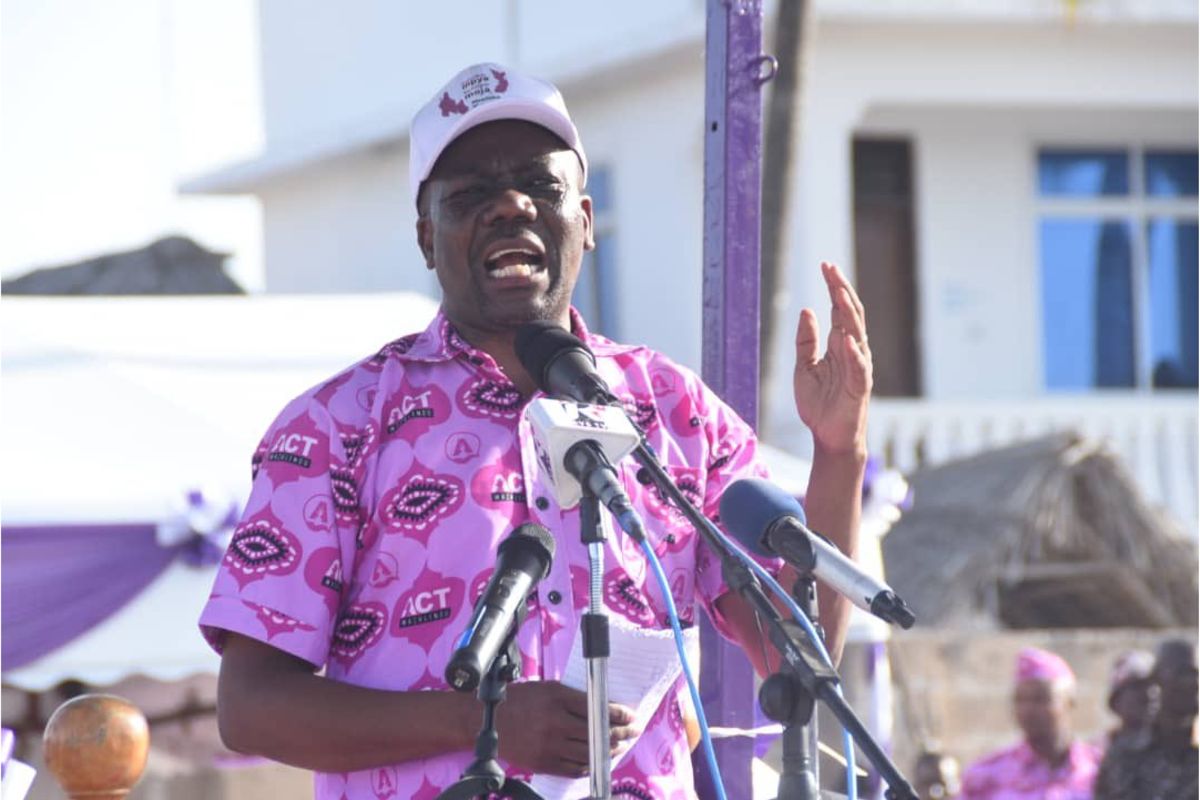Dar es Salaam. The Tanzania Private Sector Foundation (TPSF) has expressed concern about the new value-added tax (VAT) deferral policy, claiming that it may raise import costs and impede new investments, particularly in manufacturing.
VAT deferral allows businesses to postpone paying VAT on imported machinery and equipment (capital goods). This helps with upfront costs associated with setting up or expanding operations.
According to the policy brief issued by the TPSF, previously, as prescribed in the tax laws, importers were enjoying relief for all plants and machinery that had not been procured for resale if their respective VAT exceeded Sh10 million.
The policy was also applied when the capital good is procured to conduct an economic activity that generates a turnover of at least 90 percent of taxable (vatable) supplies.
However, the changes made in the Finance Act 2023 ended the VAT deferment regime for imported capital goods.
According to the TPSF, the act ceases the application of Section 11 of the Value Added Tax Act, Cap. 148, on imported capital goods by June 30th, 2026.
“This will mean the VAT deferral regime will no longer apply to imported capital goods. Therefore, investors looking to benefit from the existing VAT deferment regime must make their imports before the specified deadline (June 30, 2026),” the TPSF policy brief read in part.
Another key change from the new Finance Act entails amending the principal Act to extend VAT deferral benefits to locally manufactured capital goods while subjecting investors to the same eligibility criteria.
The envisioned rationality is to boost the domestic industrial base by creating a facilitative regime or environment for investors who wish to manufacture capital goods.
Speaking to The Citizen, TPSF’s head of research and policy advocacy, Mr Kennedy Rwehumbiza, said there is a policy shift dilemma in the private sector about whether the incentive being extended to investors when procuring locally manufactured goods will have the intended outcome.
“Prospects show that even with the extension of the incentive (VAT deferment) to locally manufactured capital goods (plants and machinery), the imported ones will remain competitive, thus defeating the purpose of the proposed policy,” he said.
According to Mr Rwehumbiza, it’s the private sector’s view that the government should first reconsider the timeline of 2026 for a new VAT deferral regime, as well as reform the new policy by revising the amount that is eligible for deferment.
“Rather than discontinuing the regime entirely on imported capital goods, stakeholders could reach a consensus to marginally raise the VAT component per unit of imported capital goods, commencing at Sh20 million or another figure exceeding Sh10 million based on importation data,” he said.
The stakeholders had also proposed extending the VAT deferment to agents of foreign manufacturers of capital goods. This extension would allow for the associated benefits to be extended and would promote the attraction of businesses, particularly dealers.
Mr Rwehumbiza explained that some companies have principals located outside of the country, and as a result, direct purchases from local agents currently deny access to the VAT deferment regime.
He emphasised that implementing this measure would not only promote employment but also enhance domestic revenue mobilisation.















